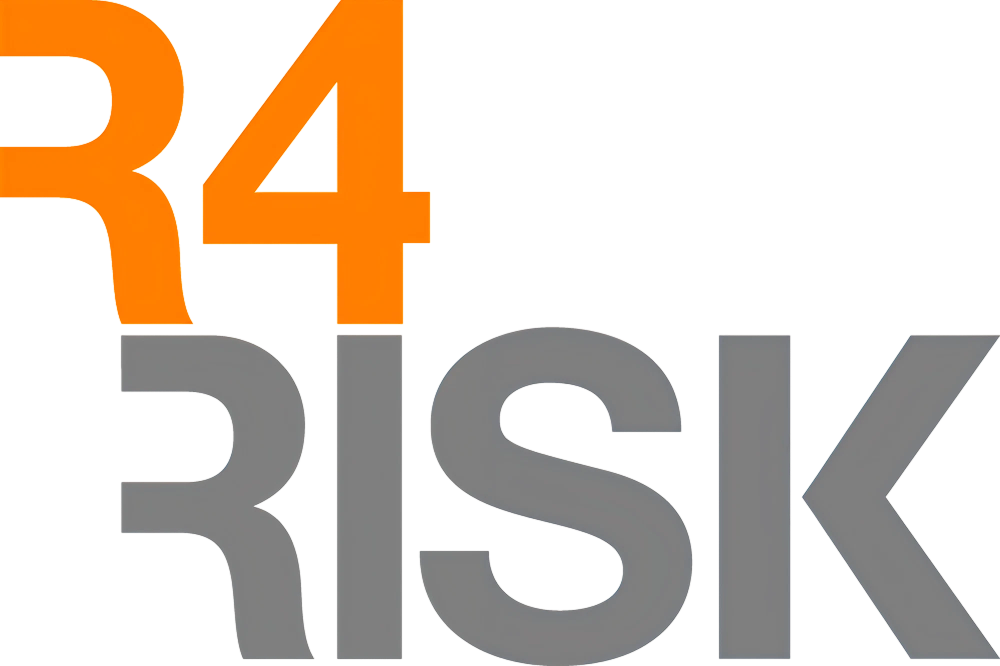Our Services
Major Hazard Facilities

Process Safety at Major Hazard Facilities
Hazard Management and Safety Cases
Facilities that store and/or handle large quantities of dangerous goods have the potential to cause catastrophic events that impact their workers, neighbouring businesses and the community. Under Australian Regulations, such facilities are classified as Major Hazard Facilities (MHFs). The MHF regulatory regimes focus on major hazards (catastrophic events) which typically occur very infrequently in industry.
The operator of an MHF must demonstrate that all risks associated with Major Incidents are well-managed. This demonstration is done via the preparation of a Safety Case. The Safety Case outlines all the identified hazards and the strategies and systems to manage the safety risk from those hazards.
R4Risk works directly with many clients to assist them to prepare and implement their Safety Case framework by providing process safety management advice, technical risk studies and process safety coaching.
The R4Risk team has extensive experience assisting clients to satisfy their obligations under all the Major Hazard Facility (MHF) regulatory regimes operating within Australia. This experience covers the full extent of the MHF risk management process, from hazard identification through to the final review of the Safety Case that is presented to the regulator.
Safety Case: Your Licence to Operate
Build a Robust Safety Case
In addition to experience working with clients to assist them to prepare the Safety Case for their facilities, R4Risk’s team also has extensive experience in assisting regulators in the implementation of MHF regulations. R4Risk consultants have worked as “Lead Safety Case Assessors” and “Lead Safety Case Auditors” on behalf of the regulators. R4Risk consultants have also worked as “Specialist Advisors” to Comcare during the initial implementation of the Comcare MHF legislation. This unique combination of high-level experience in roles on behalf of both MHF operators and regulators enables R4Risk to provide practical and effective advice.
Technical Services
R4Risk can provide extensive technical services to support the development of a Safety Case.
This includes:
- Safety Case planning
- Hazard identification, including HAZID or HAZOP workshop facilitation
- Quantitative or qualitative risk assessment, including assessment of the likelihood of hazardous events and the magnitude of the impacts (e.g. consequence analysis for fires, flammable or toxic vapours, explosions etc.)
- Controls assessment, including controls identification and assessment / demonstration of adequacy, Safety Integrity Level (SIL) determination etc.
- Emergency Response Scenario Plan development
- Safety Management System development
- Auditing (Safety Case / Safety Management System)

MHF Support by R4Risk
Frequently Asked Questions
Not all facilities that store and/or handle dangerous goods are classified as MHFs. The regulations define the specific dangerous goods and their threshold quantities that deem a facility to be an MHF.
The regulations describe the obligations for an operator of an MHF. In essence, this means that an operator should understand the hazards that they are dealing with and have suitable controls in place to manage the risk and demonstrate that the risks are well-managed via the safety case.
A Safety Case is a document provided to the Regulator that outlines the potential hazards, their consequences and the means by which the risk from those hazards is managed. It must also provide a demonstration that the risk at the MHF is reduced ‘So Far as Is Reasonably Practicable’ (SFAIRP).



